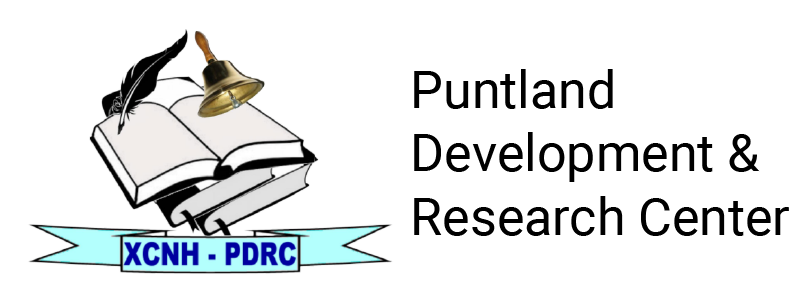In 1972, the rate of literacy in the Republic of Somalia was estimated to be 5.40 per cent of the total population.1 Soon afterwards in 1974 the Siyad Barre government launched ‘The Somalia Rural Literacy Campaign’ – an ambitious campaign to teach people to read in rural Somalia, mostly through the unprecedented deployment of thousands of school and university graduates as teachers. In subsequent years, it also made efforts to build more schools and train more teachers. As a consequence of this, during the 1970s and 80s Somalia’s literacy-rate rose to 55 per cent of the population and enrolment of school-age children reached record highs.2 However, over the last 30 years since the collapse of Somalia’s central government in 1991, school enrolment plummeted. Estimates made in in 2018 suggest that the overall literacy level in the country is 37.8 per cent of adults (49.9 per cent for men and 25.8 per cent for women).3 Widespread illiteracy can have a significant impact on political processes.
For example, during local government elections held in Puntland in October 2021 it was noted that the level of illiteracy amongst voters was extremely high. This had a significant impact on the process and outcome of the polls, including a higherthan-anticipated number of spoilt ballots. This policy brief considers the significance of voter illiteracy on political processes in Somalia with particular attention paid to upcoming elections. To this end, PDRC conducted Focus Groups Discussions (FGDs) and Key Informant Interviews (KIIs) to explore lessons learned from Puntland’s Early Local Government Elections, particularly focused on the subject of voter illiteracy. The material gathered from the FGDs and KIIs was presented at a oneday forum in July 2022, ‘Managing Voters’ Illiteracy in Puntland Local Government Elections’. Attendees included Puntland Government, civil society groups (including women, youth groups and the media), the Transitional Puntland Electoral Commission (TPEC), political associations, academics, and concerned international agencies.

